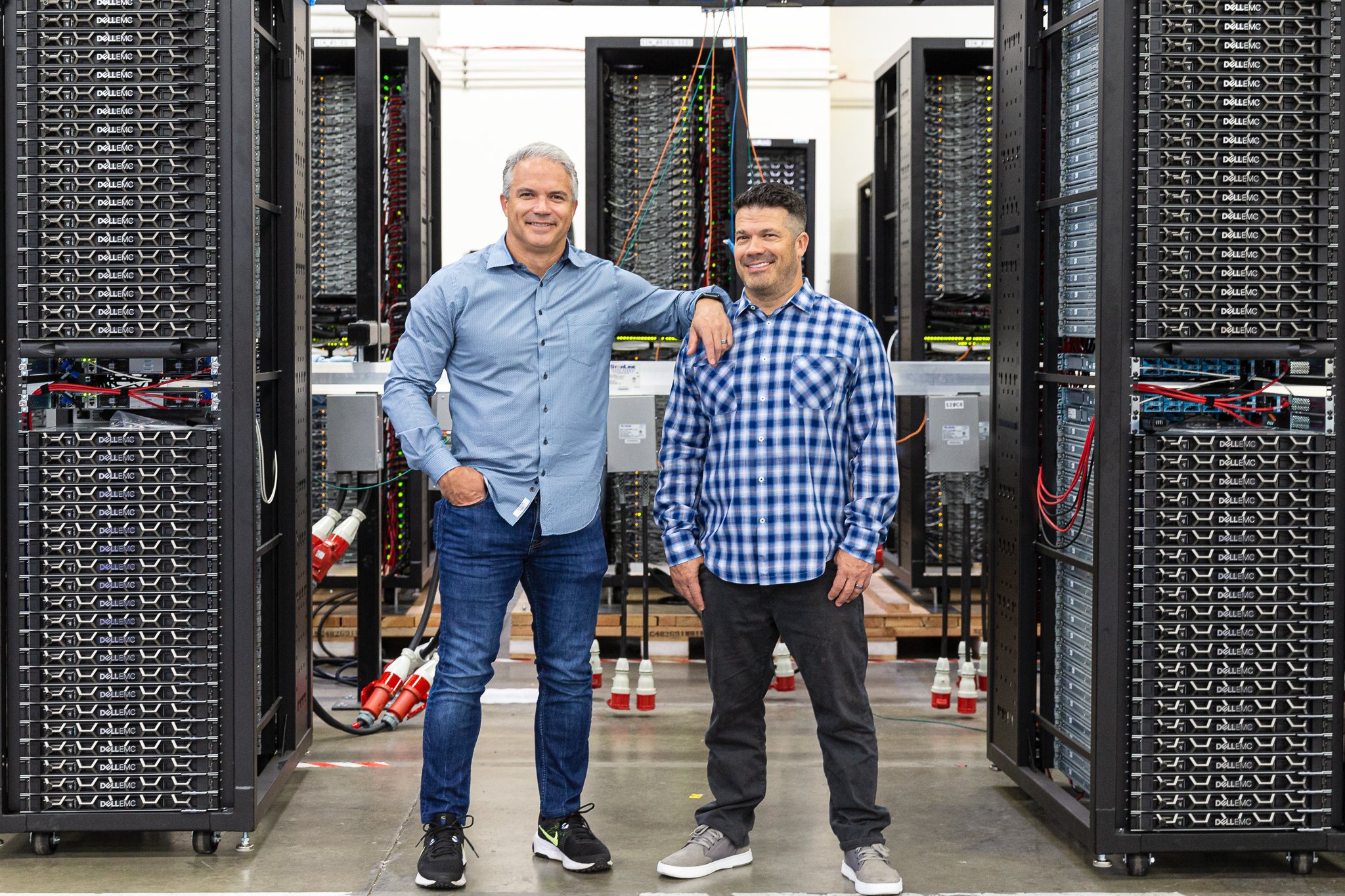In this post and video, we'll talk about some of the leading options for unstructured data management.
Last October, research group Gartner released a “Magic Quadrant” for distributed file systems and object storage.
In the report, Gartner examined 14 cost-effective, scalable, and flexible storage options for IT leaders struggling to keep up with the ever-increasing amount of unstructured data on premises or in the hybrid cloud.
The group then designated these platforms as either “Leaders,” “Challengers,” “Visionaries,” or “Niche Players.”
According to Gartner, the platforms that make up these four quadrants broke down like so:
Leaders: Dell Technologies, IBM, Qumulo, and Scality.
Challengers: Hitachi Vantara, Cloudian, Huawei, and Quantum.
Visionaries: NetApp, Pure Storage, and Red Hat.
Niche Players: Inspur, DDN, and Caringo.
As with any rankings, there’s room to quibble with Gartner’s designations. But the group shows its work by also breaking down strengths and cautions about each platform.
Red Hat, for example, gets a positive mark for having “open-source community contribution and growing momentum resulting in high confidence in the future” of its storage platform Ceph Storage.

But then Gartner goes on to say that companies are expressing “a desire to see improvements in areas of product manageability, ease of use, documentation, monitoring and overall reduction of deployment complexity.”
This isn’t a major demerit for Red Hat—and as one of its partners, Redapt can certainly help address concerns about their platform—but it does highlight that navigating the various strengths and weaknesses of unstructured storage platforms can be a challenge.
Even the company acknowledged by Gartner to be the current frontrunner, Dell EMC, has its own potential drawbacks with its PowerScale solution. These drawbacks (or “cautions,” as they call them) include:
- Slowing growth in the unstructured data market compared to others
- A lack of strong global data management capabilities
- Sales teams prioritizing PowerScale when its ECS object storage may, in fact, be a better fit for some customers
A couple of things to note about Gartner’s assessment. For one, Dell EMC does indeed have global data management capabilities through its CloudIQ and DataIQ tools, which help with storage management and visibility.

Photo from delltechnologies.com/powerscale
The second thing to note about Gartner’s assessment of PowerScale is the strengths of the platform that are not highlighted. Specifically:
- PowerScale is a true scale-out system that allows enterprises to scale their storage from a small number of terabytes to petabytes
- The platform allows organizations to easily access data sets from their applications of choice, including NFS, CIFS, SE, or HFDS
- When it comes to storage, PowerScale offers both high-performance and archive class in a single platform
In addition, PowerScale’s cloud integration can be a valuable tool for enterprises struggling with data gravity due to its ability to store data both on premises and in the cloud without sacrificing governance and security.
Long story short …
At the end of the day, Gartner’s assessment of the various unstructured storage platforms isn’t definitive—nor is it intended to be. But if you or your IT teams are looking for help finding the right solution, the research that went into creating this “Magic Quadrant” is a good place to start.
Keep in mind, though, that the market for solutions is dynamic, and as unstructured data—and the challenge of storing and managing it—continues to grow, new innovations and new entrants are sure to arrive.
If you’re looking for help with your own assessment of unstructured data platforms on premises or in the hybrid cloud, our team of experts can help.
And if you want to learn more about getting the most out of your unstructured data to power technologies like artificial intelligence and machine learning, make sure to check out our free guide.














